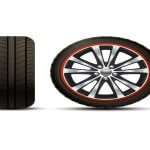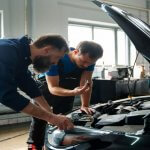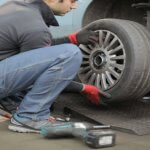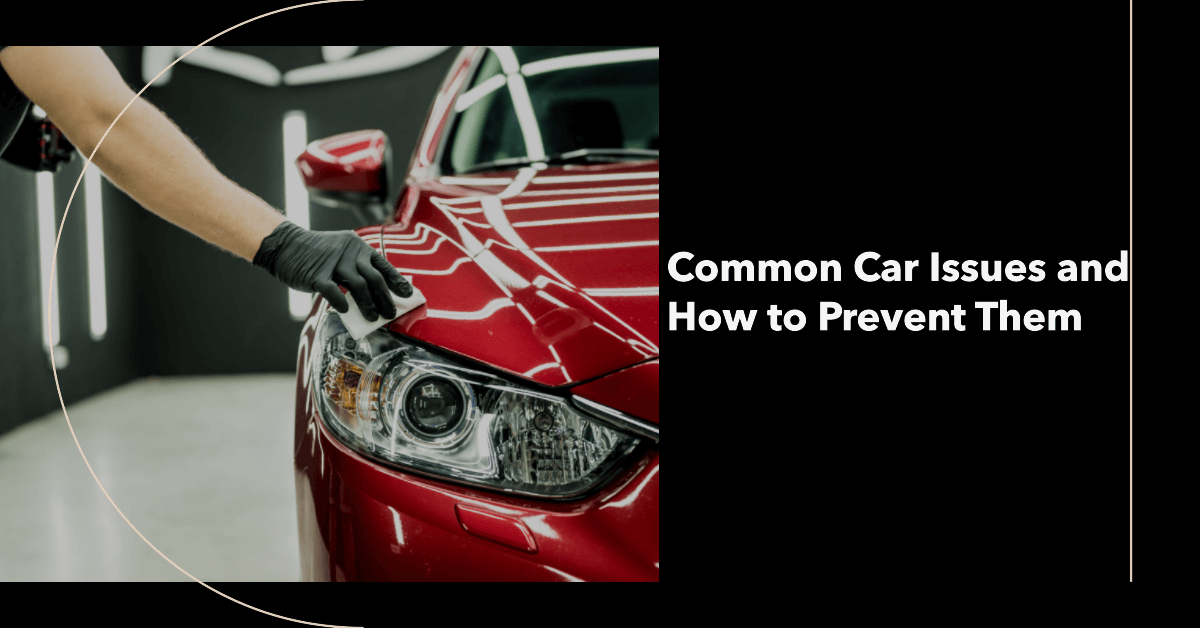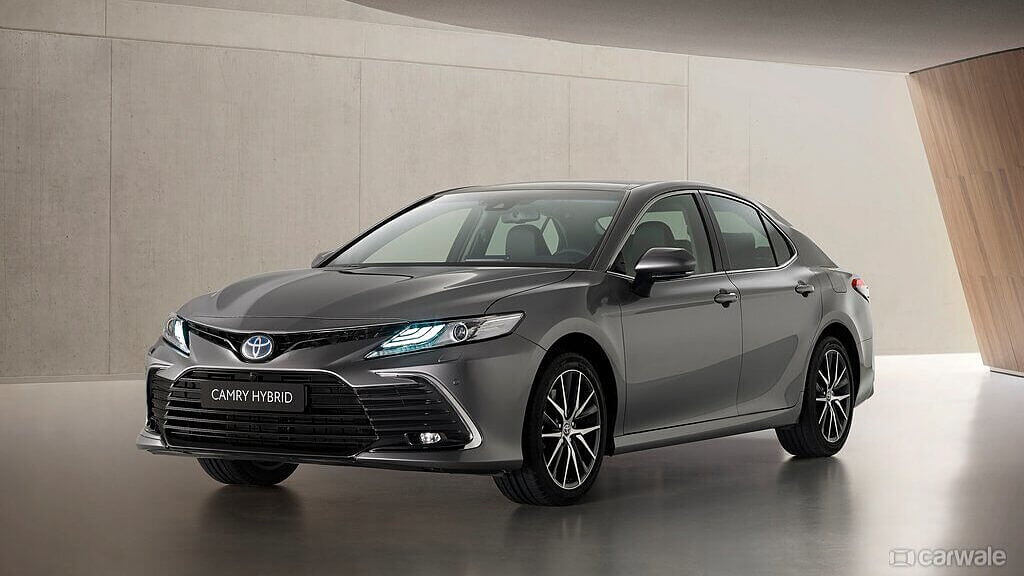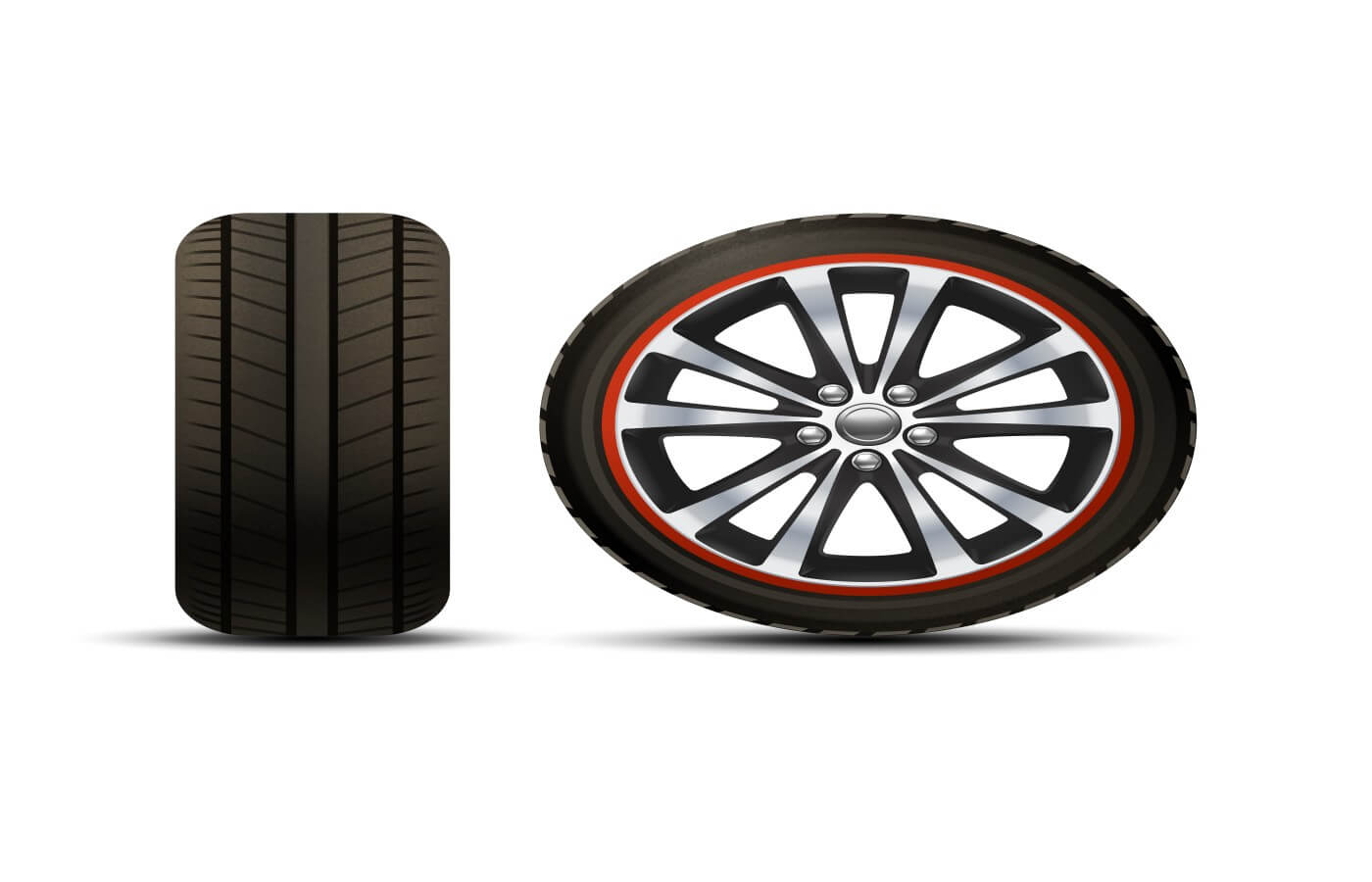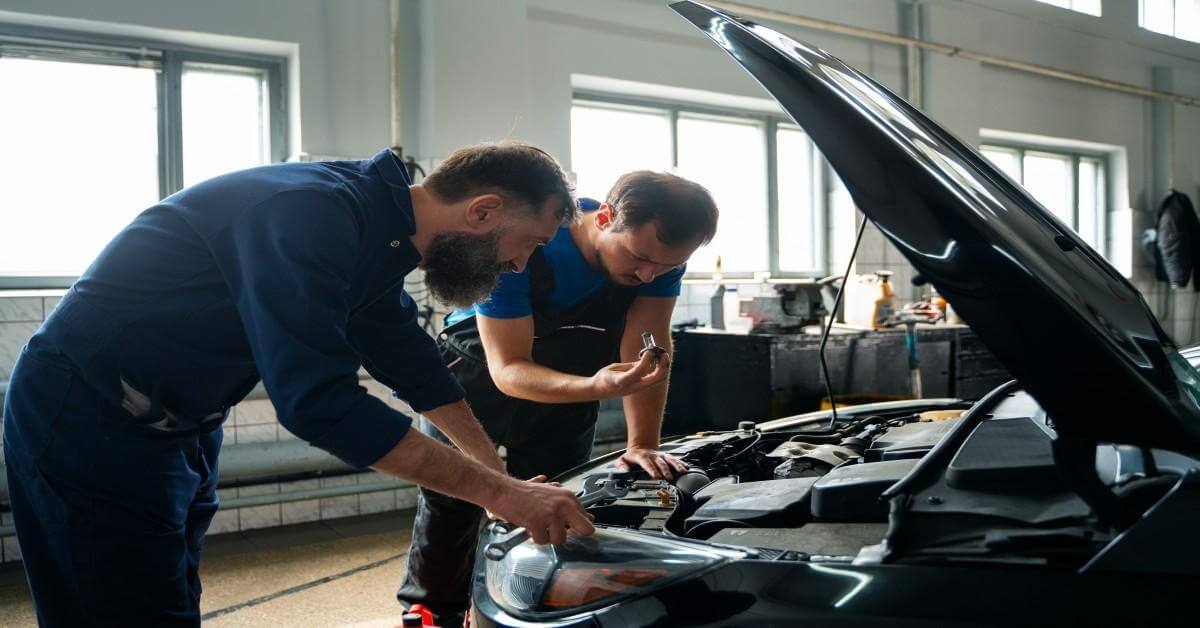Cars are an essential part of our daily lives, and most of us rely on them to get around. However, owning a car also means that we have to deal with various problems that can arise from time to time.
These issues can range from minor inconveniences to major safety hazards that can lead to costly repairs or even accidents. In this article, we will discuss the most common car issues and how to prevent them.
Table of Contents
Dead Battery
One of the most common issues that car owners face is a dead battery. A dead battery can be caused by leaving the lights on, not driving the car for an extended period, or a faulty charging system. Here’s how you can prevent a dead battery:
Causes of Dead Battery
- Leaving the lights on: If you leave your car’s lights on, they will eventually drain the battery, leaving it dead.
- Not driving the car for an extended period: If you don’t drive your car for an extended period, the battery will gradually lose its charge.
- A faulty charging system: If your car’s charging system is faulty, the battery won’t get charged correctly, leading to a dead battery.
How to Prevent a Dead Battery
- Drive your car regularly: If you don’t drive your car regularly, the battery will gradually lose its charge. It’s essential to drive your car at least once a week to keep the battery charged.
- Turn off all electrical devices: When you turn off the engine, make sure all the electrical devices are turned off as well. Leaving the lights or the radio on can quickly drain the battery.
- Check the battery terminals: Make sure the battery terminals are clean and tight. Loose or dirty terminals can cause the battery to lose its charge.
Flat Tires
Flat tires can be caused by various factors, such as driving over sharp objects or potholes. Here’s how you can prevent flat tires:
Causes of Flat Tires
- Driving over sharp objects: Sharp objects such as nails, screws, or glass can puncture the tire, causing a flat tire.
- Potholes: Driving over potholes or other rough surfaces can cause damage to the tire, leading to a flat tire.
How to Prevent Flat Tires
- Check your tires regularly: Check your tires for any signs of wear and tear, such as cuts or punctures. Replace your tires if they are worn out or damaged.
- Keep your tires properly inflated: Check your tire pressure regularly and keep your tires inflated to the recommended pressure. Underinflated tires can cause excessive wear and tear, which can lead to a flat tire.
- Avoid driving over potholes: Try to avoid driving over potholes or other rough surfaces that can damage your tires. If you can’t avoid them, slow down and drive over them carefully.
Overheating
Overheating is a common issue that can be caused by various factors, such as a malfunctioning cooling system or low coolant levels. Here’s how you can prevent overheating:
Causes of Overheating
- Malfunctioning cooling system: The cooling system is responsible for regulating the temperature of your engine. If it’s not working correctly, your engine can overheat.
- Low coolant levels: Coolant helps regulate the temperature of your engine. If you don’t have enough coolant, your engine can overheat.
- Blockages in the cooling system: Blockages in the cooling system can prevent the proper circulation of coolant, leading to overheating.
How to Prevent Overheating
- Check your coolant level regularly: Make sure your coolant level is at the recommended level. Low coolant levels can cause the engine to overheat.
- Check your radiator: Make sure your radiator is clean and free from any debris that can block the airflow.
- Check your hoses and belts: Check your hoses and belts for any signs of wear and tear. Replace them if they are damaged.
Brakes Failure
Brake failure is a severe issue that can lead to accidents. Here’s how you can prevent brake failure:
Causes of Brake Failure
- Worn brake pads: Worn brake pads can reduce the effectiveness of your brakes, leading to brake failure.
- Leaking brake fluid: If your brake fluid is leaking, it can reduce the effectiveness of your brakes.
- Faulty brake system: A faulty brake system can also lead to brake failure.
How to Prevent Brake Failure
- Check your brake system regularly: Check your brake system for any signs of wear and tear, such as worn brake pads or leaking brake fluid.
- Replace your brake pads: Replace your brake pads if they are worn out.
- Check your brake fluid level: Ensure your brake fluid level is at the recommended level.
Check Engine Light
The check engine light can indicate various issues with your car, such as a faulty oxygen sensor or a malfunctioning catalytic converter. Here’s how you can prevent the check engine light from coming on:
Causes of Check Engine Light
- Faulty oxygen sensor: The oxygen sensor measures the amount of oxygen in the exhaust system. If it’s faulty, it can cause the check engine light to come on.
- Malfunctioning catalytic converter: The catalytic converter is responsible for converting harmful pollutants into less harmful ones. If it’s not working correctly, it can cause the check engine light to come on.
How to Prevent Check Engine Light
- Regular maintenance: Regular maintenance can help prevent the check engine light from coming on. Make sure you follow the recommended maintenance schedule for your car.
- Check your gas cap: A loose or faulty gas cap can cause the check engine light to come on. Make sure your gas cap is tight and in good condition.
Fuel System Issues
Fuel system issues can cause various problems with your car, such as reduced fuel efficiency or difficulty starting the engine. Here’s how you can prevent fuel system issues:
Causes of Fuel System Issues
- Dirty fuel filter: A dirty fuel filter can prevent the proper flow of fuel to the engine, leading to various issues.
- Contaminated fuel: Contaminated fuel can damage your engine and other fuel system components.
- Faulty fuel pump: A faulty fuel pump can prevent the proper fuel flow to the engine, leading to various issues.
How to Prevent Fuel System Issues
- Replace your fuel filter: Replace your fuel filter according to the recommended maintenance schedule for your car.
- Use high-quality fuel: Use high-quality fuel from reputable gas stations to avoid contaminated fuel.
- Regular maintenance: Regular maintenance can help prevent fuel system issues. Make sure you follow the recommended maintenance schedule for your car.
Conclusion
Owning a car comes with various responsibilities, and dealing with common car issues is one of them. However, by following the preventive measures discussed in this article, you can reduce the chances of these issues occurring and keep your car running smoothly. Remember to check your car regularly and follow the recommended maintenance schedule to ensure that it’s always in good condition.
FAQs
- How often should I check my tire pressure?
You should check your tire pressure at least once a month or before going on a long trip.
- What should I do if my car overheats?
If your car overheats, pull over to a safe location and turn off the engine. Let the engine cool down before checking the coolant level and calling for assistance if needed.
- How often should I replace my brake pads?
You should replace your brake pads according to the recommended maintenance schedule for your car or when they are worn out.
- Can I drive with the check engine light on?
It’s not recommended to drive with the check engine light on, as it can indicate various issues that can lead to costly repairs.
- How often should I replace my fuel filter?
You should replace your fuel filter according to the recommended maintenance schedule for your car.
Thank you for reading this article on common car issues and how to prevent them. We hope that you found it informative and useful. Please share your views, and don’t forget to hire our experts at Vehicle Care.



